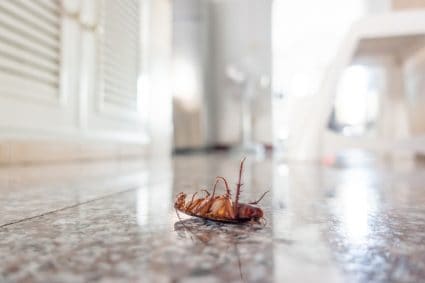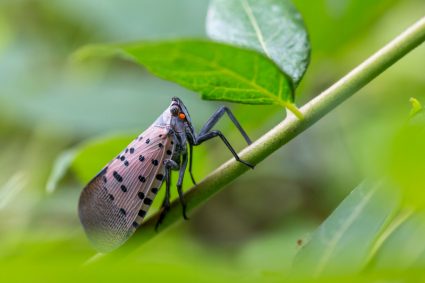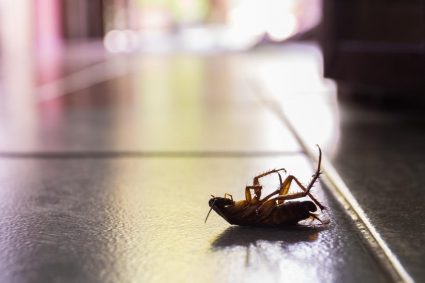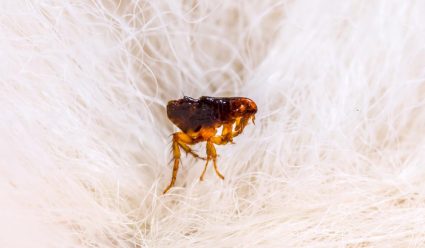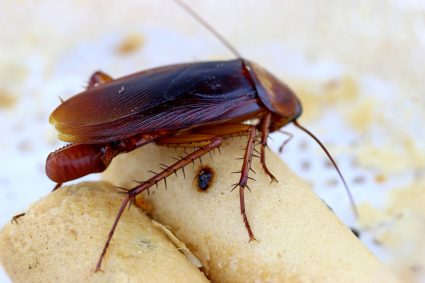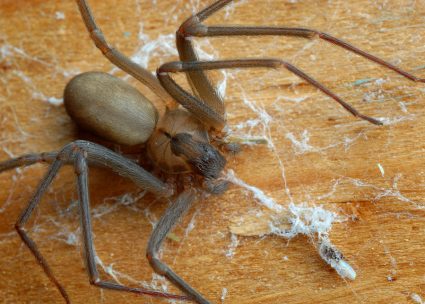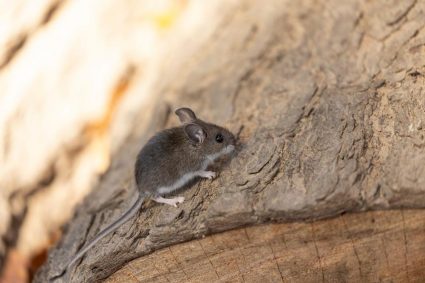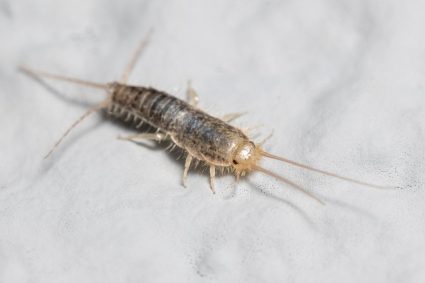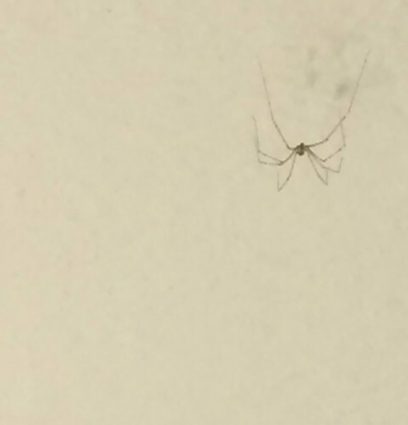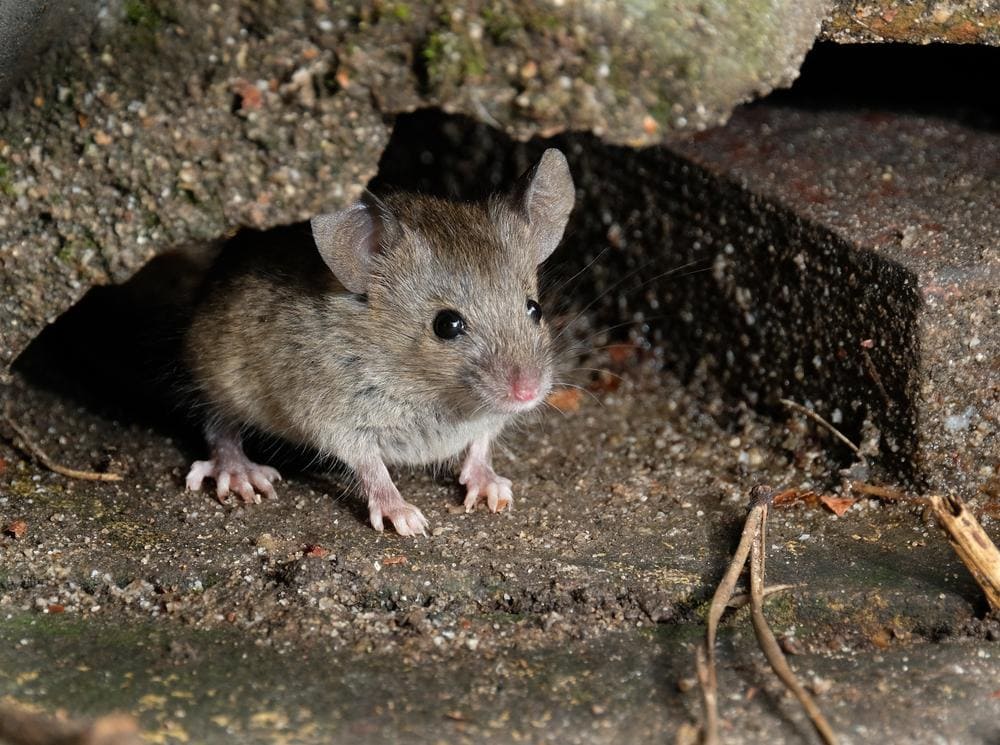
Mice are nocturnal creatures, meaning they are most active during the night. Their scratching and gnawing sounds are a common problem in many households. But why do they scratch walls at night? What attracts them to live within walls? How can homeowners deal with these uninvited guests? This in-depth article will answer all these questions and more, so let’s get started.
Mice scratch walls at night primarily for navigation and to grind down their continuously growing incisors. They use the cavities within walls to move undetected, carve out tunnels for easier movement, and chew on various materials to keep their teeth in check. Their nocturnal nature makes them more active at night, which is when most scratching is heard.
Why Do Mice Scratch Walls at Night?
Mice scratch walls at night for several reasons. Firstly, they use the natural cavities found within walls to move through a home undetected. Secondly, they carve out tunnels to make movement easier. Scratching noises indicate that mice are climbing, crawling, or digging inside your walls, and also means that they are gnawing on your drywall, insulation, electrical wires, or pipes.
Like other rodents, mice have two sets of incisors that grow continuously and must be ground down regularly, which is why they chew on various materials. Additionally, mice tend to be more active at night to avoid predators and search for food.
What Attracts Mice to Live Within Walls?
Mice are attracted to live within walls primarily due to the availability of food, shelter, and warmth. They can detect the warmth of a building through wall openings and use that as an invitation to enter. Mice usually build their nests in undisturbed, enclosed spaces, such as wall voids, which provide them with a secure and hidden environment.
Navigating the Maze: How Mice Move Around Within Walls
Mice navigate their way around walls using a combination of their senses and specialized brain cells. These brain cells, known as grid cells, help them mentally map their location. Mice also rely on their senses, such as vision and touch, to navigate around walls. They can also climb walls and slip through small holes, allowing them to explore and move around their environment.
The Nightly Rituals: Behavioral Patterns of Mice
Mice exhibit nocturnal behavioral patterns, being more active during the night and resting during the day. Their nighttime activities include foraging for food, exploring, and socializing. Mice exhibit circadian rhythms, biological processes that follow a 24-hour cycle, affecting their activity and rest patterns.
The Impacts of Mice Scratching Walls
The impacts of mice scratching walls on a household are numerous. From causing structural damage to posing health risks, mice infestations can be a nightmare for homeowners. They can also create annoying scratching and gnawing sounds within walls, disturbing the peace and quiet of your home.
Identifying the Sound of Mice Scratching
The sound of mice scratching can be identified by paying attention to certain characteristics of the noises they produce. These include nocturnal noise, scratching, gnawing, and squeaking. If you suspect a mouse infestation in your home, it’s essential to look for other signs of their presence, such as droppings and gnaw marks.
Preventative Measures to Stop Mice from Scratching Walls
To prevent mice from scratching walls, homeowners can seal off entry points, store food properly, maintain cleanliness, perform landscape maintenance, eliminate food and water sources, use mouse traps, and repel mice naturally.
Humane Ways to Remove or Repel Mice from the Walls
There are several humane ways to remove or repel mice from the walls of your home, including mouse-proofing your home, using natural repellents, using humane traps, using ultrasonic devices, or DIY glass-and-coin traps.
By understanding why mice scratch walls at night and taking appropriate preventative measures, homeowners can effectively manage and prevent mouse infestations in their homes.
Frequently Asked Questions
What are some natural repellents for mice?
Natural repellents for mice include peppermint oil, ammonia, mothballs, and ultrasonic devices. These can help deter mice from entering your home and scratching your walls.
Can mice cause disease?
Yes, mice can carry diseases such as Hantavirus, Salmonellosis, and Leptospirosis, which can be transmitted to humans through their urine, droppings, or saliva.
How can you tell if the scratching in your walls is from mice and not some other pest?
Mice tend to produce a light, high-pitched scratching sound, often at night. Other signs of a mouse infestation include droppings, gnaw marks, and a distinctive musky odor. If you’re unsure, it’s best to consult a pest control professional.
What foods attract mice?
Mice are omnivorous and are attracted to a variety of foods. They are particularly drawn to high-calorie foods like nuts, seeds, fruits, grains, and sweets. They can also be attracted to pet food and bird seed.
What should you do if you find a mouse nest in your walls?
If you find a mouse nest in your walls, it’s crucial not to touch it with bare hands due to potential disease exposure. Instead, contact a pest control professional to safely remove and disinfect the area.

